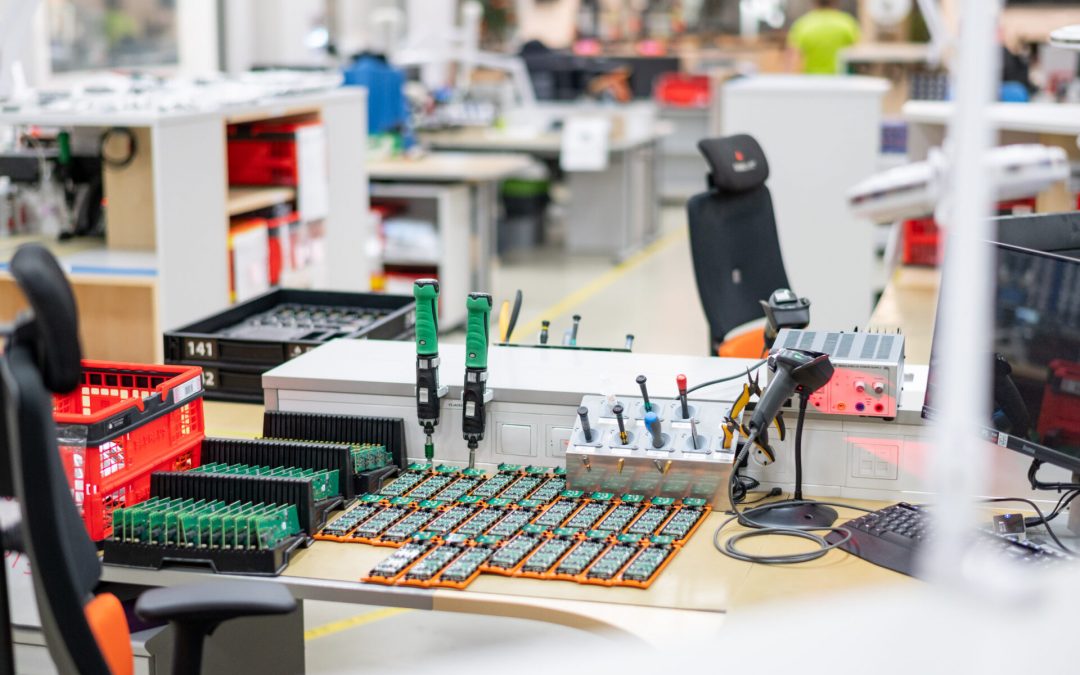Prague – The Senate today approved a bill that aims to support the production of chips in the EU in response to the European Chips Act. According to the government, it is intended to help increase their production in the event of various crises. The semiconductor authorities bill will now be sent to the president for signature. The Ministry of Industry has already prepared the National Semiconductor Strategy, which includes measures to support and develop the semiconductor industry in the Czech Republic. The government is expected to receive the strategy in the second half of this year.
“In response to the global semiconductor (chip) production crisis during the covid pandemic, the European Union adopted measures aimed at strengthening the European semiconductor ecosystem, the so-called Chips Act,” the government said. The chip shortage during the covid pandemic affected, for example, the Mladá Boleslav-based company Škoda Auto, which had to reduce production as a result. The law also establishes that the Ministry of Industry and Trade and the Ministry of Education, Youth, and Sports will be the national authorities responsible for the Chips Act.
In an explanatory report, the government states that member states should monitor the market situation, including the so-called key players. In the event of an imminent crisis, they should inform the new advisory body, the European Semiconductor Board. The European Commission could activate a regime under which it could, after consulting the European Semiconductor Board, request information from companies and umbrella organizations about their production capacities, among other things, the material states.
Onsemi, an American semiconductor manufacturer, announced on June 19 that it will expand production at its plant in Rožnov pod Radhoštěm in Vsetínsko. The planned investment is valued at two billion dollars, which currently amounts to more than 46 billion crowns. Onsemi will still negotiate an investment incentive package with the Czech government. After the government approves the incentives, they must still be confirmed by the European Commission. (August 22)
 go to the original language article
go to the original language article
